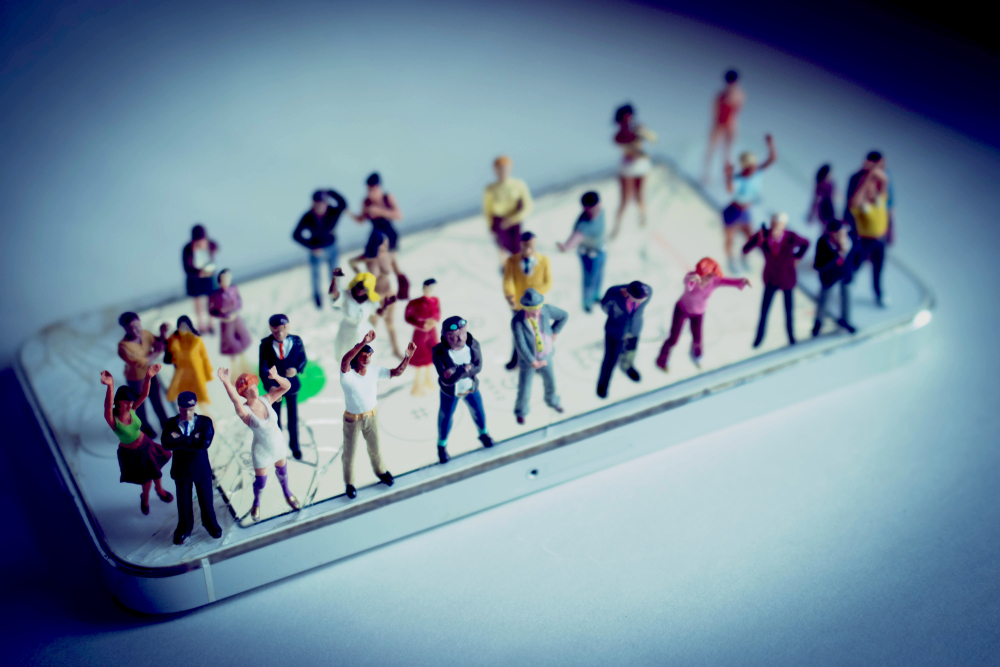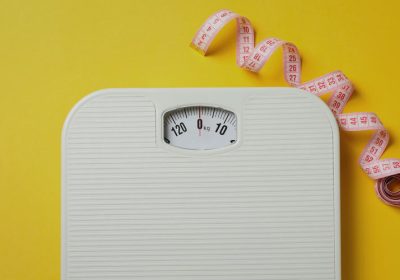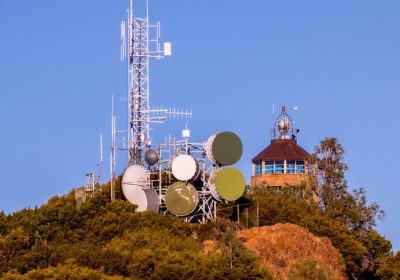Why we need to tackle censorship and authoritarianism head on.
This article was adapted from an in-depth article by our executive director, Rob Verkerk PhD, published last week on the ANH International website. Read the original here.
THE TOPLINE
- Societies and social groups are becoming ever more polarized and fragmented, much of this being down to the way we receive and perceive news and information.
- Our experience of the world around us means we’re subject to bias and our increasing reliance on online news means that pre-selected filters determined by platform owners further restrict what we’re exposed to.
- Our increasing inability to find agreement with each other, coupled with the rising tide of authoritarianism and censorship, potentially threaten the viability of our species.
- The solution is unlikely to be in the hands of those who attempt to control us. It’s in our hands, which is why we’re launching a major anti-censorship campaign focusing on free speech for health.
Anyone looking closely at the direction human societies have been taking these last few years has got to realize that humanity is at a juncture, one that might be so fundamental, it could determine the very survival of our species.
But not everyone sees it that way. While some perceive a return to normalcy post-COVID-19, others recognize the looming specter of disaster as global elites and health bureaucrats plot the elimination of our sovereign rights and devise new ways to eliminate or restrict what they’ve called mis- and dis-information.
One of the most important reasons there is so little agreement over where we are as a society, is because we all have very different perceptions of reality—these perceptions being determined by our limited five senses. Take, for example, just what we see; the band of visible light that most of us can see represents just a tiny fraction (close to 0%) of the known electromagnetic spectrum. And the things we hear and see that are likely to be most influential on the future of our species are mostly things that happen outside of our own experiences. They are very rarely experienced first-hand. We might hear information or opinions from people around us, or they’re filtered through one media source or another—these media sources often carrying very substantial cognitive or editorial biases.

The rise of digital technology further complicates matters. Online news is now, in most countries, the most important way people get their news, this being especially the case among younger age groups.
Yet, these platforms are not neutral conduits of information; rather, they are heavily filtered by algorithms that create echo chambers, reinforcing existing beliefs among those with similar preferences and behaviors while stifling dissenting opinions.
Nowhere has this censorship been more apparent than in the realm of health information, something we’ve been following closely for years. Information about natural health has been the target of government censors for some time, but the COVID era took it to a whole new level. During the pandemic, information on ivermectin, hydroxychloroquine, and really anything that challenged vaccine uptake was censored; we reported previously that the censorship has now extended to information on keto diets and intermittent fasting since it runs afoul of YouTube’s new medical misinformation policy. This is happening despite valid scientific evidence backing up the use of these alternative health-promoting strategies.
Put all of this together and we see the emergence of two phenomena that have a huge influence on how we see the world around us: echo chambers and filter bubbles. Echo chambers are environments that over-expose us to news that we like or agree with, and they reinforce specific views while reducing our exposure to other views, so distorting our perception of available information. Filter bubbles, by contrast, occur where news we dislike, disagree with, or that the platform owners think we shouldn’t be exposed to, are filtered out, so narrowing our view of the outside world.
It’s going to be impossible for us to unravel this tumultuous problem facing human society unless we become more aware of the processes that are causing such extreme polarization and fragmentation within society.
Free Speech 4 Health campaign launches next week
That’s why next week, we’ll be launching our FreeSpeech4Health campaign. The goal of the campaign is to shine a light on censorship of online health information, especially the censorship that’s less apparent and therefore more insidious. Free thought is exponentially harder in a heavily censored world—we cannot continue to march down this path. Stay tuned next week for the campaign launch!




Of course they only took out a few pfas chemicals. They don’t care about our health. They should outlawed glosphasphate. The chemical used in Roundup herbicide. It has been outlawed world wide except. Why they care more about the bribes then our health. MI